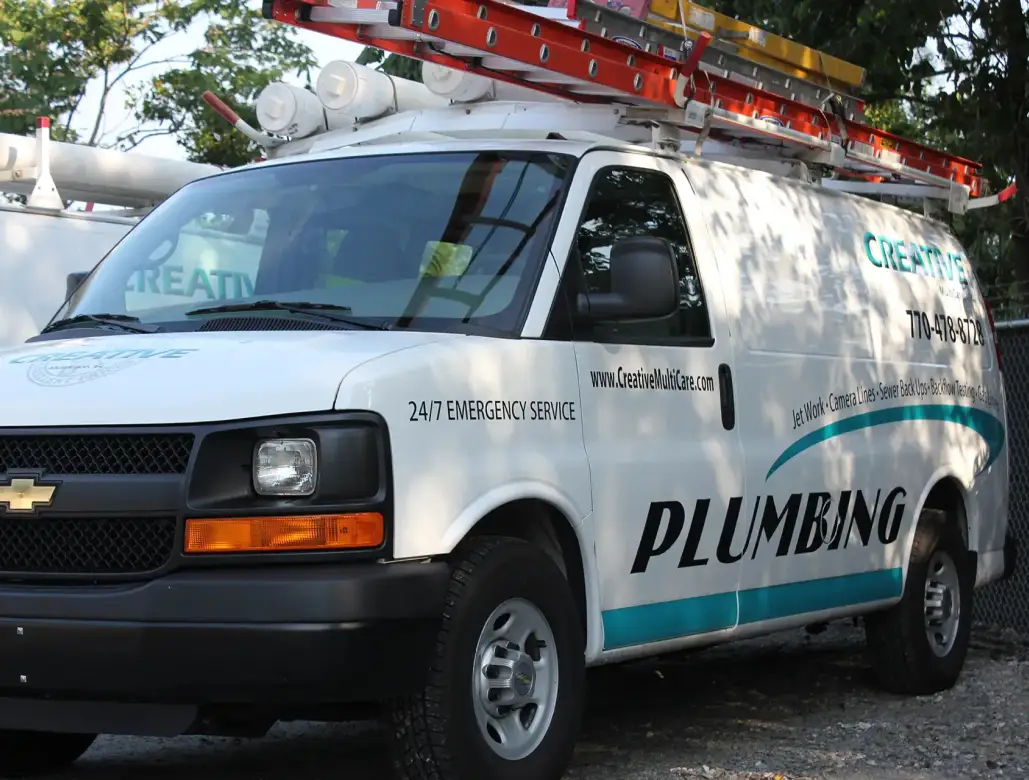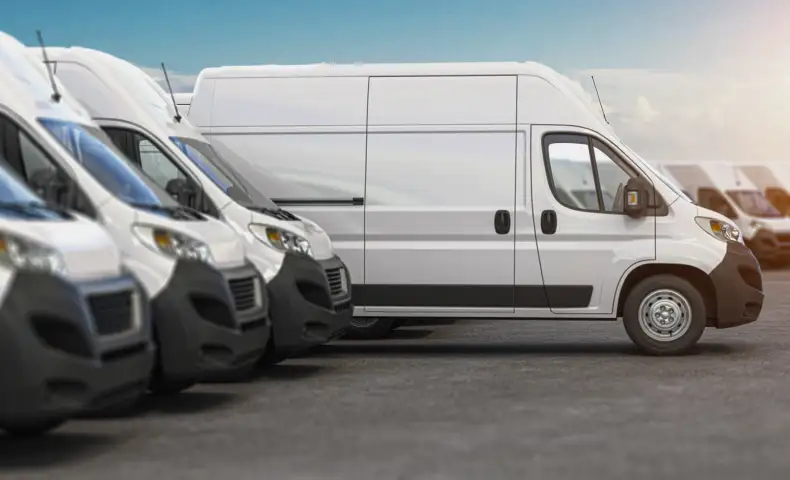Beyond the pure cost of tolls and violations, managing different toll systems is a significant operational burden for fleet operators. Accounts need to be set up, transponders registered, distributed and installed in the right vehicles, expense reports and reimbursements processed, statements validated, payments made, violations challenged, etc. It’s a cumbersome process full of paperwork and manual reconciliation, made more complex by different statement formats. The staffing and resources required to process the bills, track the costs and make the payments can be substantial.
Yet despite all this day-to-day management, fleet operators have little insight into their tolling costs.
- It’s a challenge simply to aggregate all the information coming in from different tolling authorities, and often that information is inconsistent from one agency to the next. Different formats, data fields, and payment terms make it difficult to get a clear picture of costs at any moment in time.
- The limited information provided by tolling authorities means significant detective work is needed to tie a toll charge to a particular vehicle or job. That leaves fleet operators carrying charges that they could be billing to their customers (especially for rental fleets) or addressing in a project estimate.
- The difficulty of linking a toll charge to a vehicle and driver also opens the door for fraud, particularly with transponders that can be moved between fleet and personal vehicles or if cash/credit is used.
Fleets are constantly paying for yesterday’s tolls, with little visibility into current spending or ability to forecast future toll expenses.
Conquering the great unknown
Without near real-time data, it’s hard to predict and plan for the costs that will hit the bottom line tomorrow. Yet tolls are one of a fleet’s largest expenditures, making this a problem that is only going to get worse as more toll roads are created and toll rates continue to rise. (See our blog on fragmentation)
Fleet operators are increasingly frustrated with the status quo and are actively seeking new alternatives. That’s why Car IQ has partnered with Verra Mobility, combining Verra’s on-time payment capabilities and near-real time visibility into toll expenses with Car IQ’s connected vehicle services. Fleet operators can be confident that tolls will be paid on time, regardless of the tolling platform used, across 44 US states and 6 Canadian provinces. As soon as a vehicle passes through a transponder, toll booth or video reader, payments are made immediately and charged against the operator’s established credit line with Car IQ. One result? No more late fees.
Other benefits include a single aggregated statement that can be viewed on the Car IQ Pay platform alongside fuel and other spending. Integration with vehicle telematics gives fleet operators access to vehicle-specific toll data, so toll charges or violations can be attributed to specific vehicles or jobs without cumbersome reconciliation. This improved visibility lets fleet operators better manage present spend and provides information to better forecast future expenses.
Curious to learn more? Contact Car IQ to simplify tolling and fuel payments using connected vehicle services.













